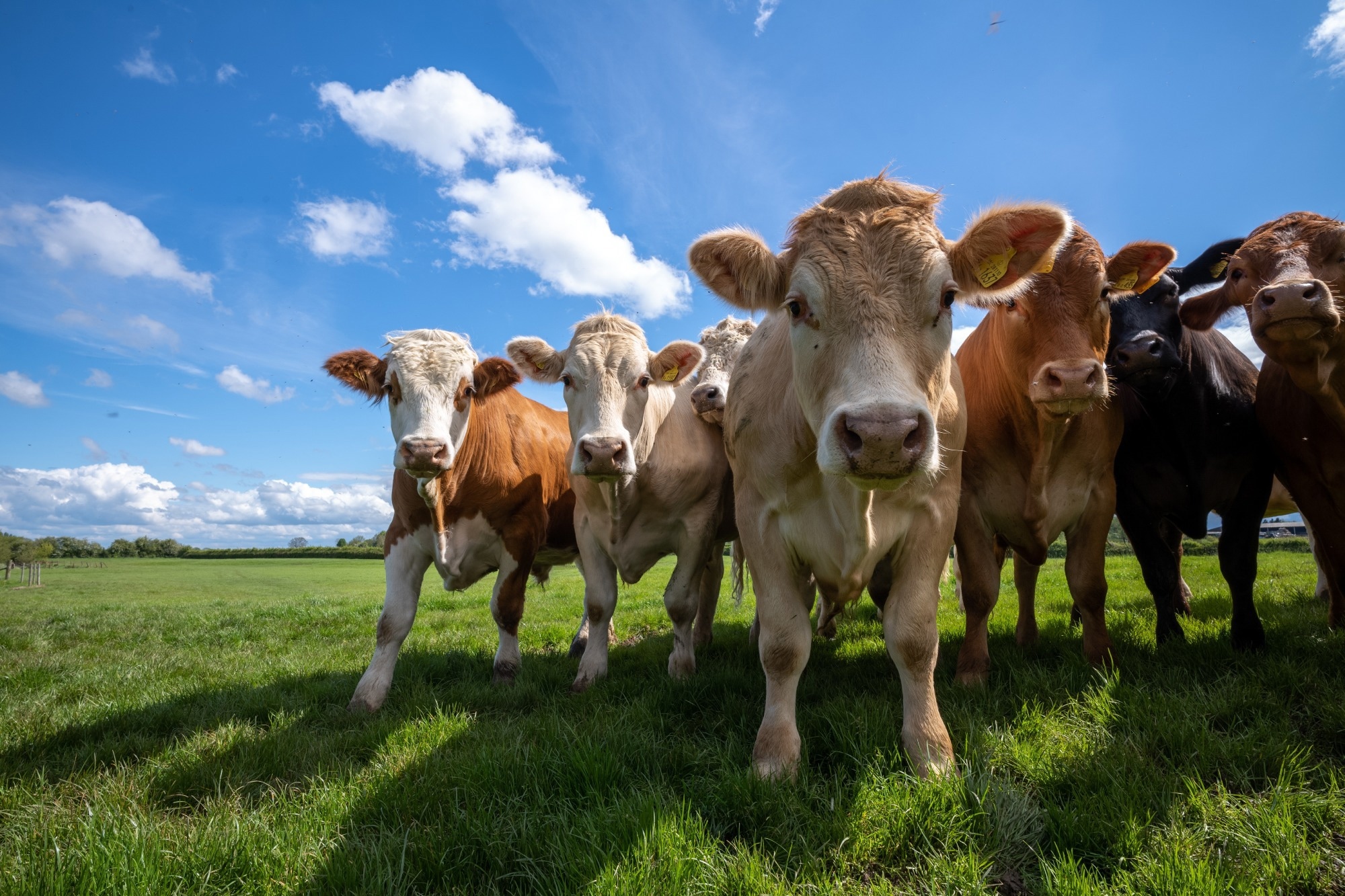In a recent paper published in the journal Climate, researchers from the Curtin University Sustainability Policy Institute came up with dozens of feasible tactics to lower methane emissions from the dairy and beef industries in Australia.

Image Credit: Stephen Butler/Shutterstock.com
Breeding less flatulent cows and restoring agricultural land could greatly lower rising methane emission levels, which are a major contributor to climate change, according to the Curtin University study.
The food system, including grazing animals like cows, generates significant methane emissions primarily due to cattle digestion, manure decomposition, and land use for grazing.
In search of solutions, researchers from the Curtin University Sustainability Policy Institute analyzed 27 academic publications and identified numerous potential strategies to mitigate methane emissions from Australia’s beef and dairy sectors.
The fastest way to reduce methane emissions, according to study leader Merideth Kelliher, is to turn farmland into wetlands and forests, but there is still room for improvement by changing how the dairy and beef industries operate.
For example, changing what breeding objectives include can permanently reduce methane production. Studies have found low emission cattle have inheritable genetic traits which can significantly reduce methane production if included in national breeding objectives. While more research is needed to identify the best traits for low emission cows, consideration should also be given to land use emissions and identifying suitable agricultural land for restoration to natural habitat.
Ms. Merideth Kelliher, Study Leader, Curtin University
The study suggested several tactics to improve beef production: accelerating the maturation of cows, enhancing wastewater management at processing facilities, and using ozonated water to remove impurities. It also recommended feeding cattle a diet richer in grains than grass and incorporating specific legumes, seaweeds, or other compounds.
This was the first analysis of its kind, according to co-author and Curtin Professor of Sustainability Dora Marinova. It is crucial, she notes, because methane emissions are increasing alongside the global demand for beef and dairy products.
As the world’s second biggest beef exporter, Australia contributes to global methane levels significantly. Despite being a signatory of the Paris Agreement to reduce greenhouse emissions and a supporter of the Global Methane Pledge, Australia is yet to commit to methane reduction targets. Australia needs to explore ways to meet its objectives - this study outlines several potential strategies which are practical, cost-effective, and scientifically supported to help inform local and international policy makers’ efforts to reduce the impact of climate change.
Dora Marinova, Professor and Study Co-Author, Curtin University
Dr. Diana Bogueva, Study Co-author and Research Fellow at Curtin University, said, “This scenario analysis is important also for consumers to better understand the environmental footprint of their food choices.”
Journal Reference:
Kelliher, M., et al. (2024) Meta-Analysis and Ranking of the Most Effective Methane Reduction Strategies for Australia’s Beef and Dairy Sector. Climate. doi.org/10.3390/cli12040050